Category: Engines & Engine Parts
-
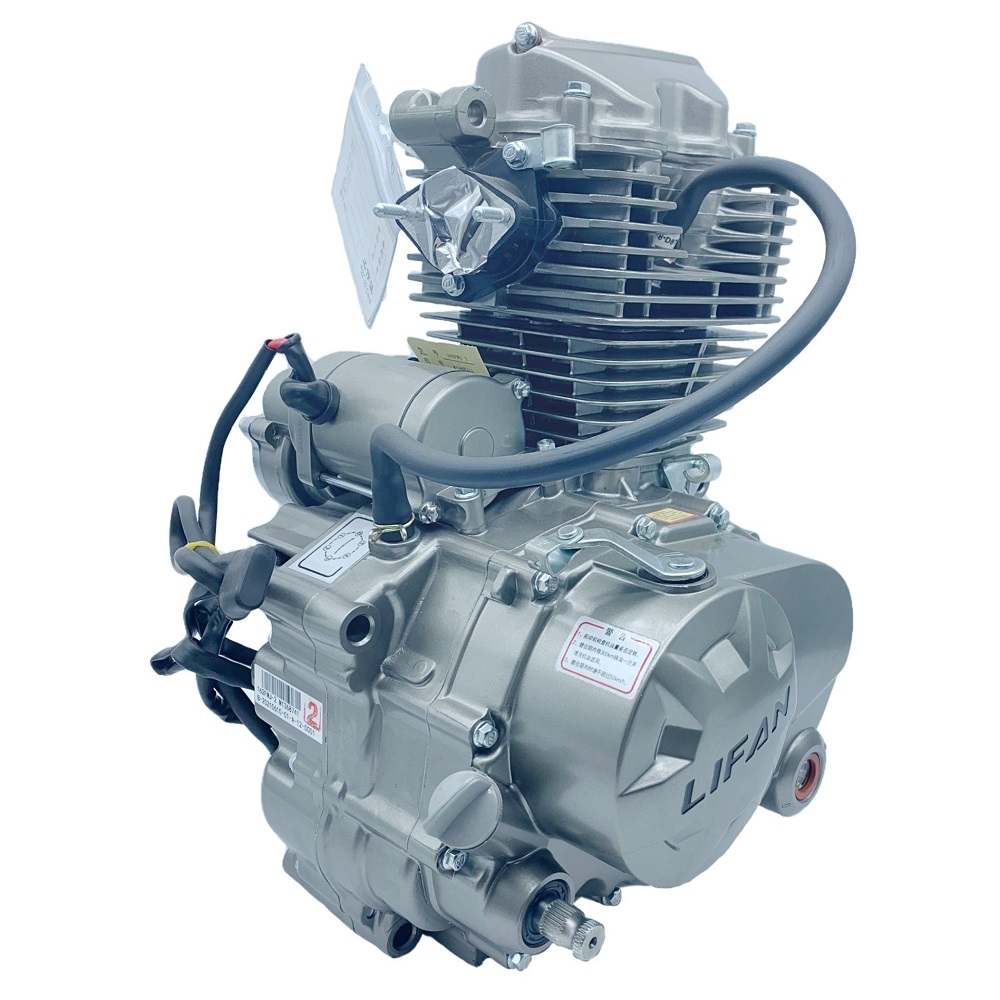
Single Cylinder Engine: An In-Depth Guide to Its Functionality
What is a Single Cylinder Engine? A single cylinder engine is an internal combustion engine. It operates with one cylinder and piston. This engine is designed to convert fuel into mechanical energy. The cylinder houses the piston, which moves up and down during combustion. In single cylinder engines, fuel and air mix inside the combustion…
-
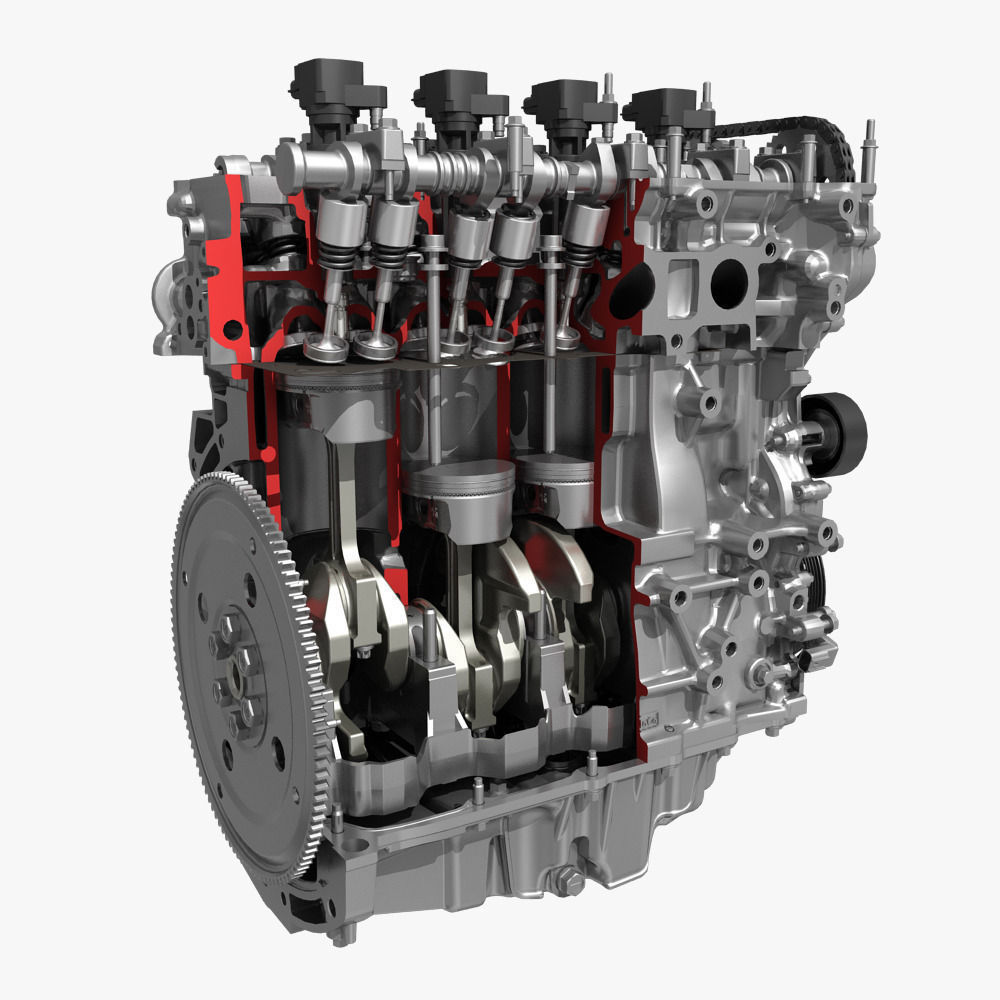
4 Cylinder Engine: Exploring the Inner Workings and Efficiency
Introduction to 4 Cylinder Engines A 4 cylinder engine is one of the most common types of internal combustion engines. It is chosen for its balance between performance and efficiency. Its design consists of four cylinders, typically arranged in a straight line or in-line formation. Each cylinder contains a piston, which drives the engine’s function.…
-
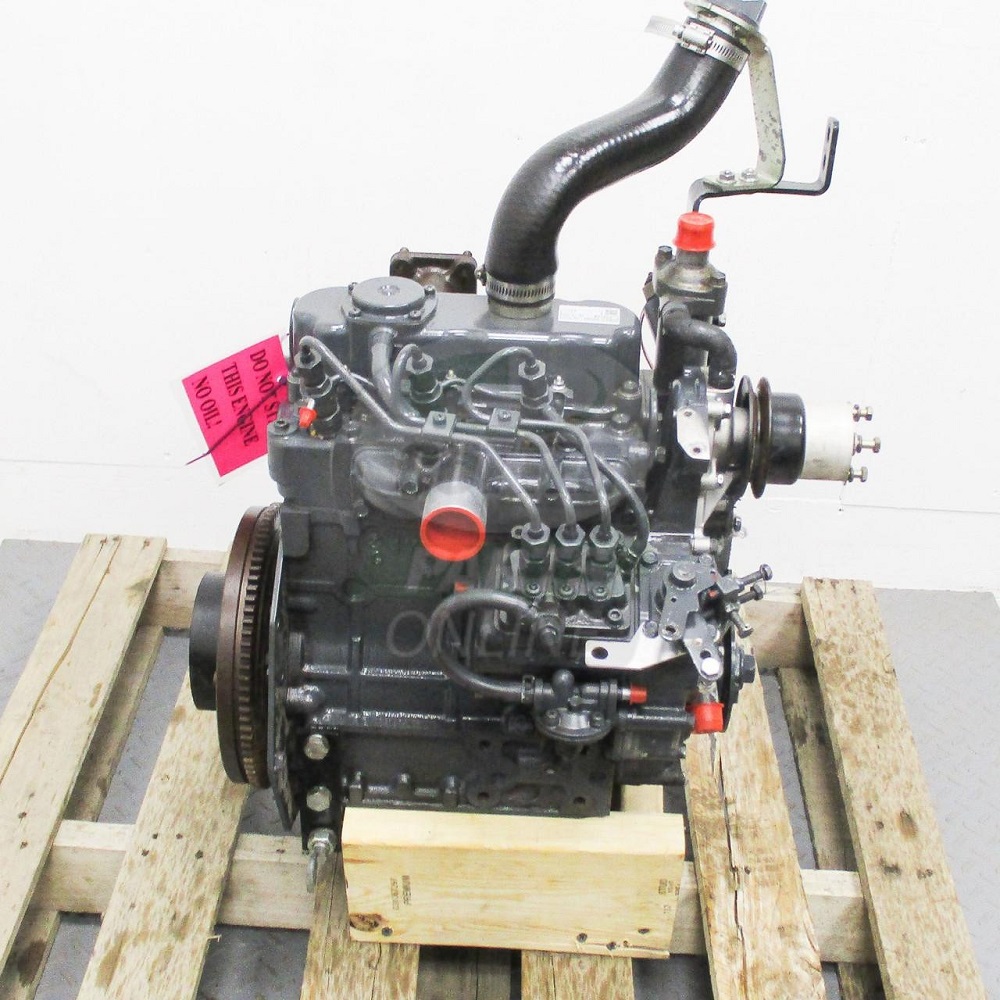
3 Cylinder Engine: Advantages and Applications You Should Know
Introduction to 3 Cylinder Engines 3 cylinder engine is widely used in modern vehicles and machinery. They serve as a compact and efficient alternative to traditional 4 or 6 cylinder engines. Over the years, these engines have evolved, adapting to new technologies and market demands. Before understanding their advantages and applications, it is essential to…
-
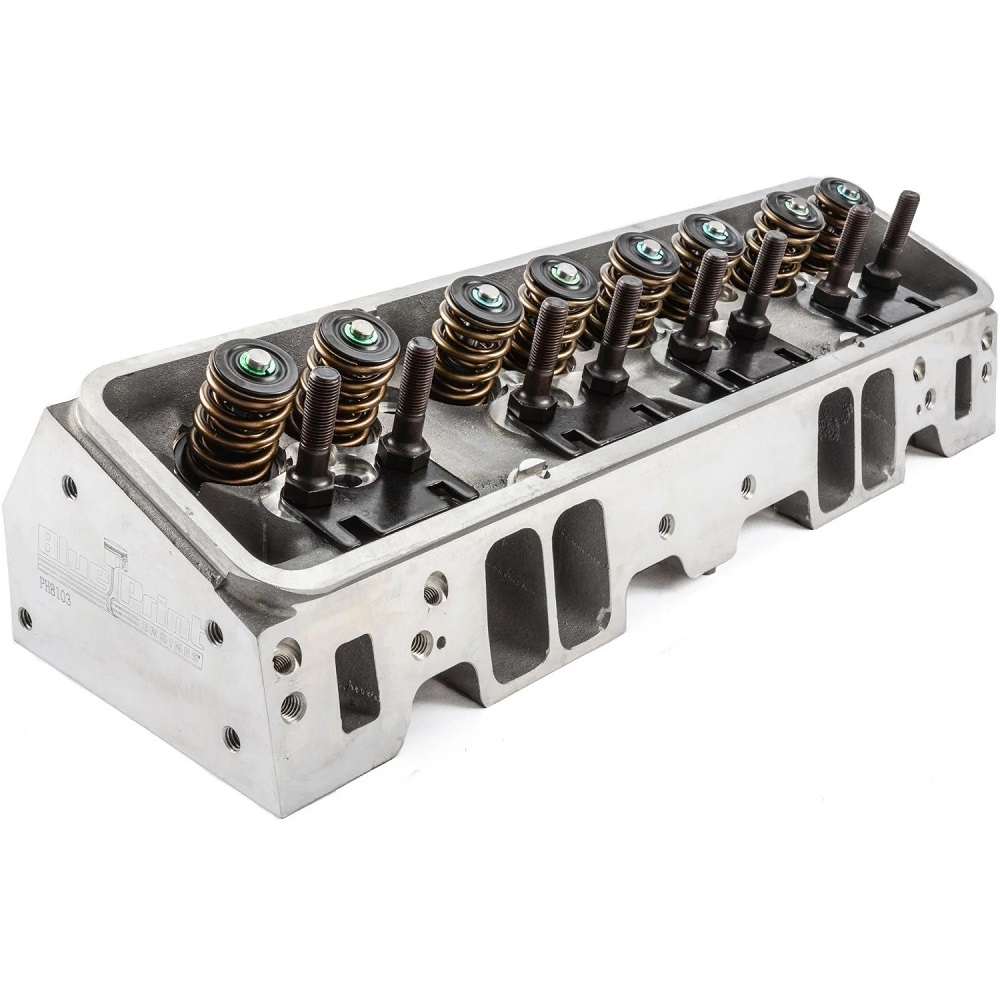
Engine Cylinder Head: Comprehensive Overview and Functionality
What is an Engine Cylinder Head? An engine cylinder head is a crucial component of an internal combustion engine. It is mounted on top of the engine block, forming a seal to contain the combustion process. The cylinder head houses essential parts like valves, spark plugs, and, in some engines, the camshaft. The cylinder head…
-
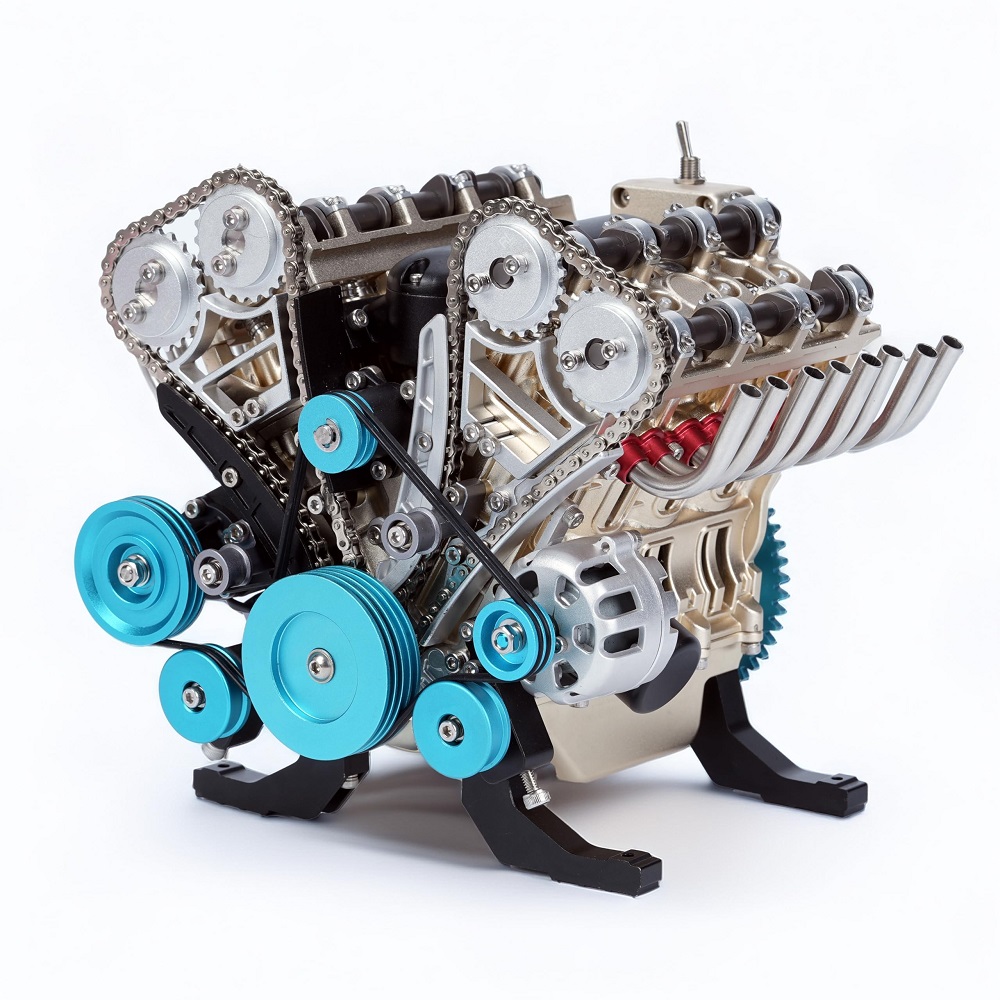
8 Cylinder Engine: A Look at What Distinguishes Its Performance
Introduction to 8 Cylinder Engines An 8 cylinder engine is a type of internal combustion engine. It features eight cylinders arranged in a specific configuration. These cylinders house pistons that move to generate power for the vehicle. The most common configurations are V8 and flat-eight. V8 engines have cylinders arranged in two banks at an…
-
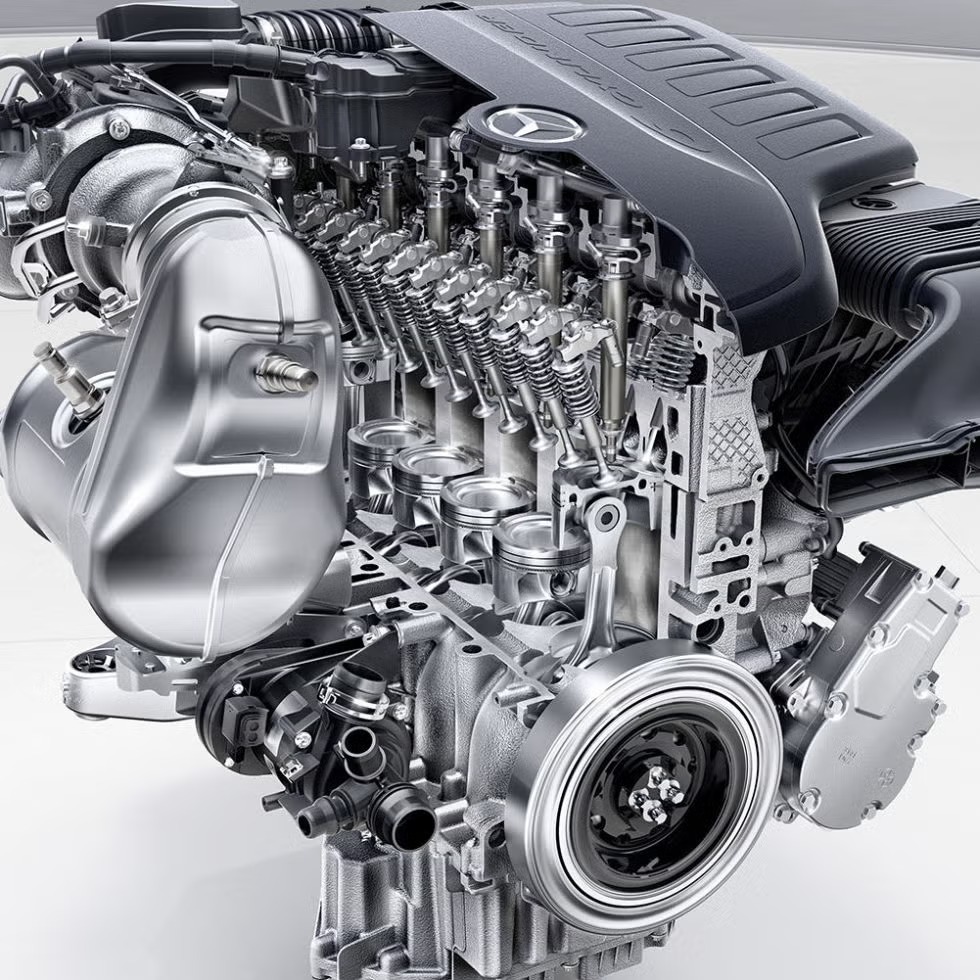
6 Cylinder Engine: Understanding Its Performance and Efficiency
What is a 6 Cylinder Engine? A 6 cylinder engine is a common type of internal combustion engine. It has six cylinders, which are chambers where fuel and air are mixed and combustion occurs. The cylinders contribute to the engine’s power and efficiency. Overview of engine cylinders Engine cylinders are the heart of any internal…
-

4 Cylinder Diesel Engine: Exploring Advantages and Applications
Overview of 4 Cylinder Diesel Engines A 4 cylinder diesel engine is a type of internal combustion engine widely used across various industries. The term “4 cylinder” refers to its four combustion chambers, also known as cylinders, which generate power. Diesel engines utilize diesel fuel, which is more energy-dense compared to gasoline, to produce efficient…
-
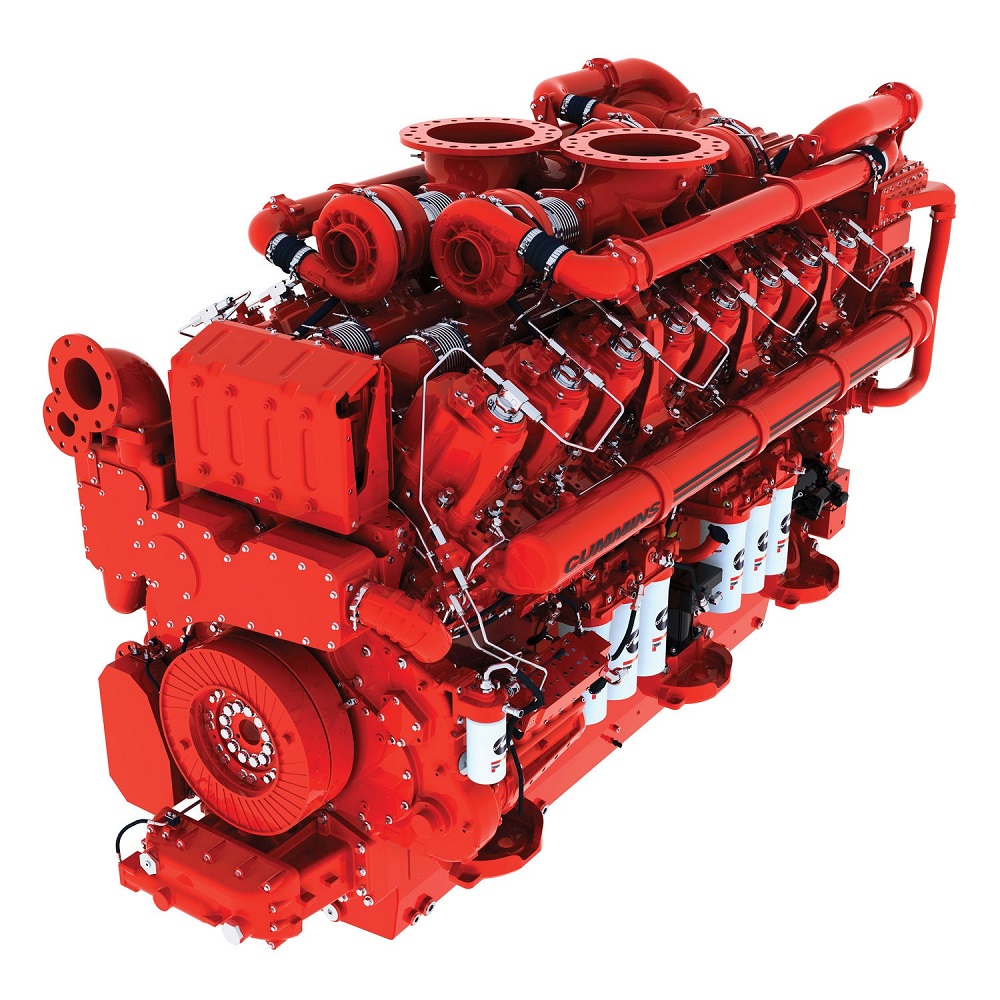
16 Cylinder Engine: Exploring the Engineering Behind Its Strength
Introduction The Fascination with Engine Power When it comes to automotive engineering, few aspects capture the imagination like the sheer power of an engine. Among the most powerful configurations is the 16-cylinder engine. Known for its incredible performance, this engine type has expanded its influence from high-performance vehicles to luxury cars, and even large industrial…
-
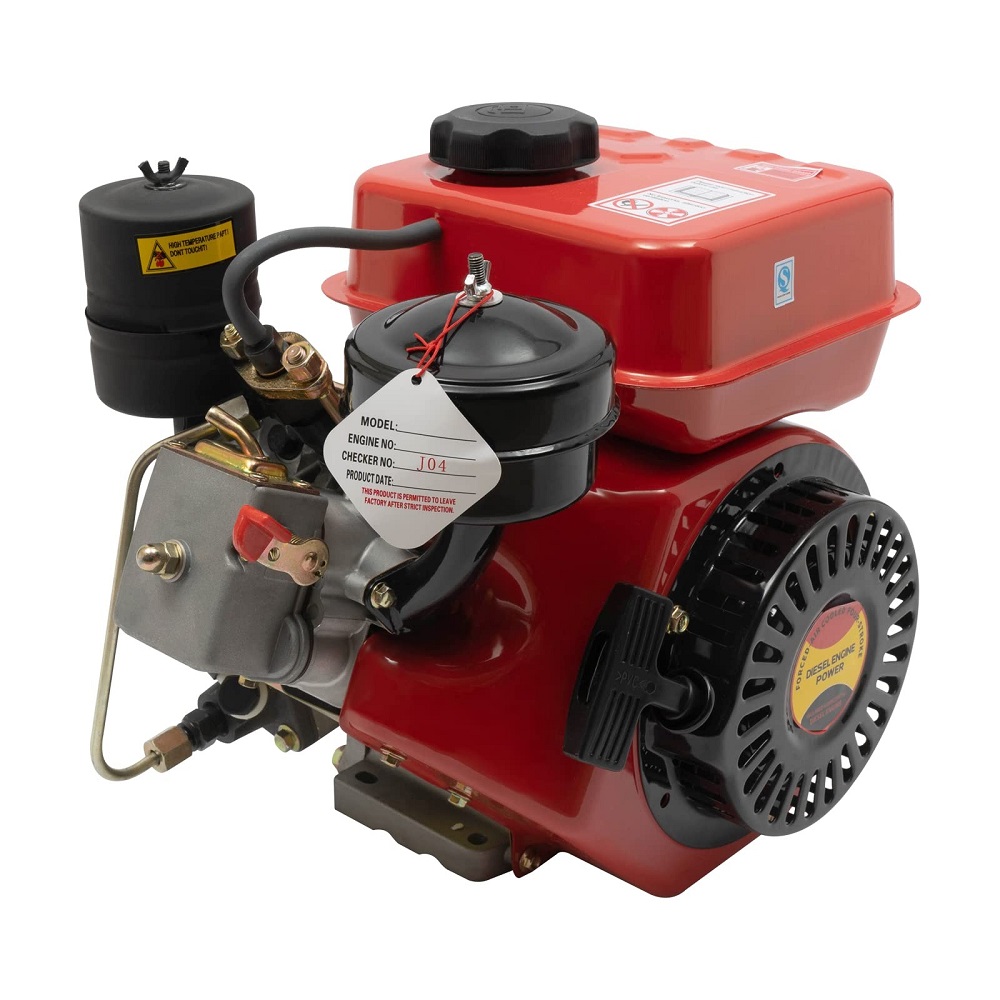
Single Cylinder Diesel Engine: Exploring Applications and Benefits
Introduction to Single Cylinder Diesel Engines A single cylinder diesel engine is a compact and efficient type of engine. It operates using one piston, which completes power cycles to generate energy. These engines rely on diesel fuel for combustion. This makes them robust and suited for tough tasks. Single cylinder diesel engines are widely used…
-

2.0L 4-Cylinder Turbo Gas Engine: A Comprehensive Exploration
Introduction to the 2.0L Turbo Gas Engine The 2.0L 4-cylinder turbo gas engine is a modern marvel in automotive engineering. It combines efficiency with power, offering a balance that meets performance and environmental standards. This type of engine uses turbocharging technology to increase power output without increasing engine size. Turbocharging compresses air entering the engine,…